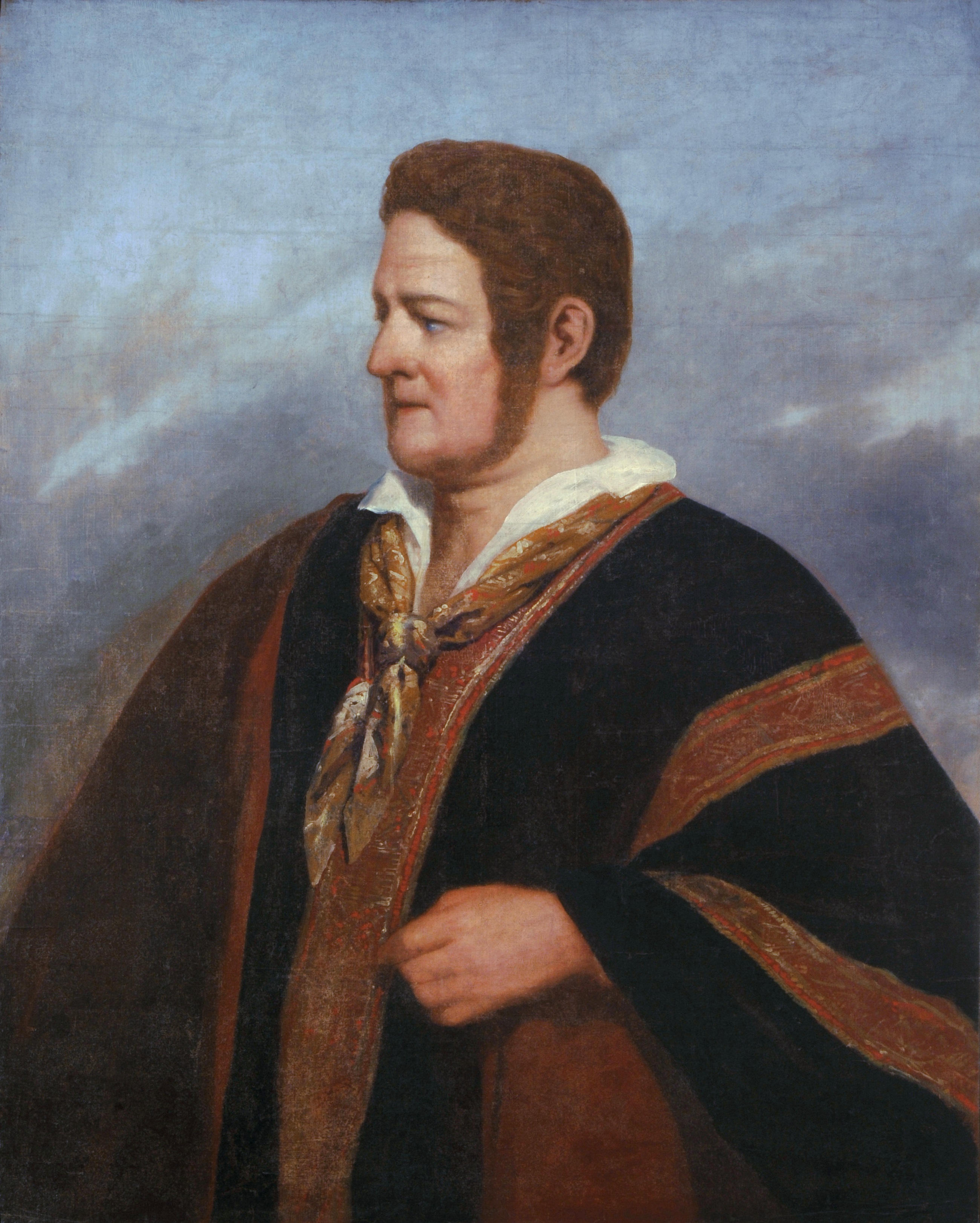 |
| Rosas. Not popular in Kentucky! |
This volume contains back issues of “Kentucky Garland”
from 1854. It's not clear who published this magazine, but it claims to be
devoted to both Masonry and Odd Fellowship. I always assumed that the
Freemasons and the Odd Fellows were competitors! The magazine could be of
interest to historians, perhaps those studying some aspect of 19th century
Southern culture. Personally, I didn't find it very exciting.
Most of the material consists of short stories or poems, usually of a melancholic character. The magazine contains a lot of moral advice, such as “sobriety, industry and contentment make the poor man's habitation supremely pleasant” or “you have no business to have business with other people's business; but mind your own business and that is business enough for any business man”. Well, I keep that in mind next time I visit the Bluegrass State. Character, breaking the force of habit and marriage are important. We also learn not to bring our toddlers to the theatre, since they disturb the audience!
Another staple are general interest stories, about everything from Chinese tea and phoney charity in New York City (no surprise there), to Baron von Steuben and Napoleon's empress Josephine. We also learn that Napoleon III's empress, Eugenie, has tasteless boudoirs. The magazine also reprints weird news items and anecdotes. I admit that I didn't always understand the editors' humour! The political tendency of “Kentucky Garland” is difficult to divine, at least to somebody unversed in the vagaries of United States politics circa 1854. The editors were definitely anti-Catholic, and one of their patrons was a Whig politician from northern Kentucky. They despise the Argentine dictator Rosas (whose regime resembled what later became known as fascism), and eulogize the Hungarian revolutionary Kossuth. They oppose Czarist Russia (the magazine was published during the Crimean War). On the other hand, “Kentucky Garland” contains ungarland-like attacks against “female progressionists”, “negro girls” and “the Red Man”. The wars against the Indians are seen as just, necessary and natural.
Otherwise, I was mostly struck by the melancholy, pessimistic streak in this magazine. There are a lot of statements like this one: “Happiness is only evident to us in this life by deliverance from evil; we have not real and positive good. Happy is he who sees the day! said a blind man; but a man who sees clearly does not say so. Happy is he who is healthy! said an invalid; when he is well he does not feel the happiness of health.” Another example: “Bonaparte's house atLongwood, St.Helena, is now a barn. The room he died in, a stable, and where the imperial corpse laid in state, may be found a machine for grinding corn.” Was this jaded outlook on life typical of the antebellum Kentucky high society?
Not sure how to rate this peculiar institution, but in the end, only two stars! And no bars.
No comments:
Post a Comment